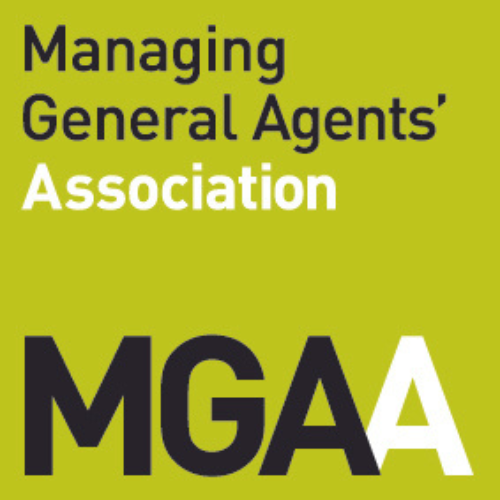The recent report by the FCA on Multi-Occupancy Buildings will prompt much thought and activity. Kenneth Underhill has looked at the general issues in his article “FCA Update – Multi-Occupancy Buildings Insurance”. One specific consideration that brokers in particular need to pay attention to is that of the risks of working with property managing agents (PMAs) who are unauthorised.
The activities of a PMA which arranges insurance for its client, the residential management company (RMC) or the property owner, may be caught by the regulator’s perimeter rules and such firms could be carrying on Regulated Activities by way of business. The business element may come either from the management fees they charge to the RMC or end client, or from the commission shared with them by the brokers, or both.
It is not sufficient for the PMA to state that they are acting under a contract with the RMC or owner. As we know, contract law does not override statute law, so that contract in itself does not make the PMA exempt from regulation. Recalling the General Prohibition in Section 19 of the Financial Services & Markets Act 2000, carrying on Regulated Activities – in this case, at least arranging contracts of insurance – without proper authorisation, or proper exemption, is illegal and insurance brokers could be seen as aiding and abetting a crime.
The FCA report makes it clear that they expect PMAs in such circumstances to be either directly authorised or formally exempt, for example by being an Appointed Representative (AR) of an authorised firm, or by being registered under the RICS designated professional body scheme (and that means not simply being a RICS member). Other exemptions are available but must be applied for.
The ‘by way of business’ test is wider than mere direct revenue sharing and will include, for example, discounts given to the PMA by the broker. Discounts and payments carry further risk and are potentially conflicts of interest as has already been highlighted, given the involvement of multiple parties in property business: the basic laws of agency prohibit ‘secret profits’. Brokers should review their arrangements, as the regulator may well delve deeper into this sector the near future. Even if no commission is paid to the PMA by the broker, the PMA may still be earning money from its clients for arranging their insurances.
One solution is for brokers to make their PMA partners Appointed Representatives, but only if they are prepared to comply with the FCA’s recently enhanced AR rules. It is also possible for a PMA to simply introduce business to the broker but that would mean the PMA being out of the insurance element of the client relationship altogether, and this may not be workable. Ultimately both brokers and PMAs need to understand the regulatory risks they face and to decide what their options are.
If you would like to understand more about the various options available for structuring and overseeing your relationship with other parties in the multi-occupancy building distribution chain, please speak with Andrew Carrick, who specialises in the rules surrounding Appointed Representatives, or any other member of the ICSR compliance team.









